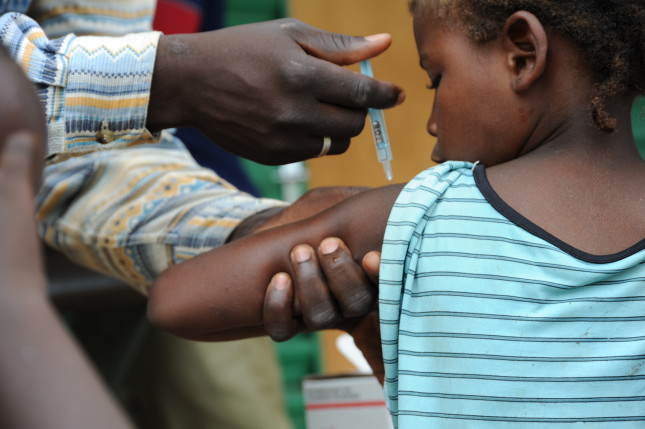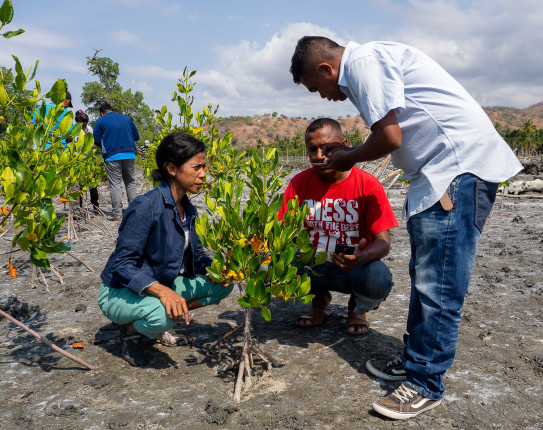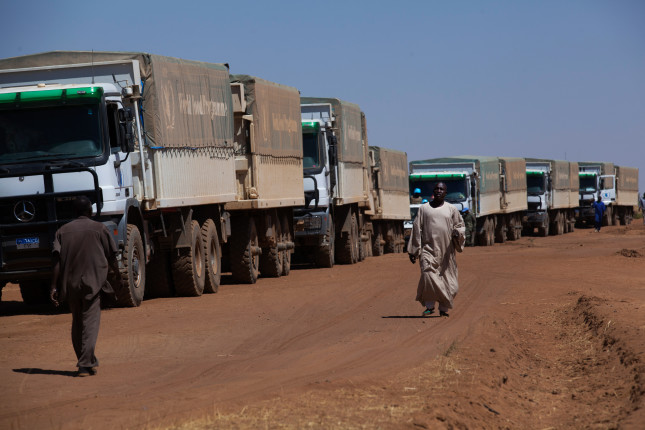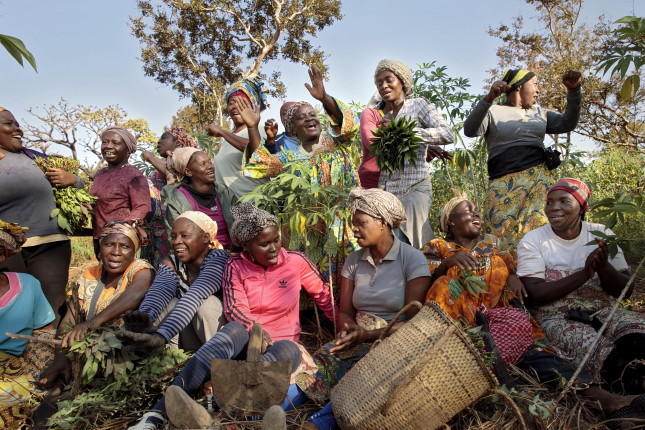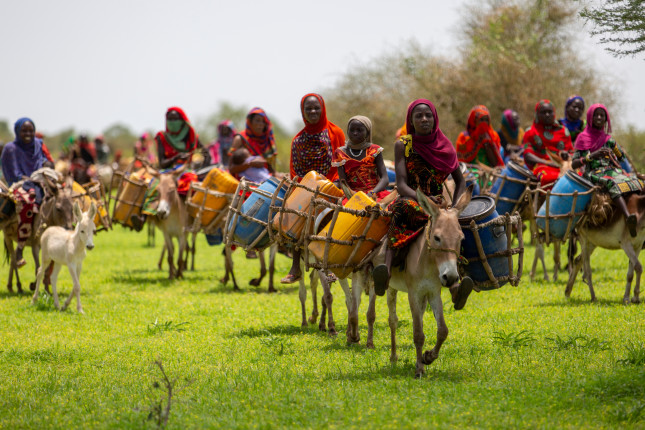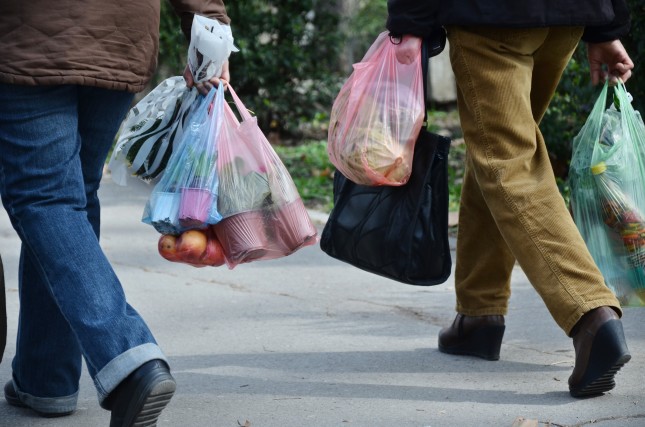-
50 Years and Billions Spent: Achieving Universal Access to Water, Sanitation, and Hygiene (WASH) Within Reach
›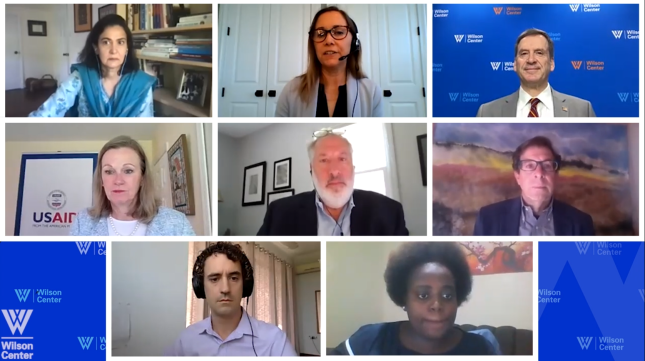
“Reporting on the progress made, the challenges that remain, and impact of COVID-19 on the WASH sector is crucial,” said Ambassador Mark Green, President, Director, and CEO of the Wilson Center and former USAID Administrator, during his opening remarks at a recent event hosted by the Wilson Center and Circle of Blue to discuss the WASH Within Reach project.
-
COVID-19 Causes Lags in Childhood Vaccinations–“The Time to Catch Up is Now”
›
More than a year after it began, the COVID-19 pandemic continues to disrupt essential health services, including routine childhood immunizations, according to the World Health Organization’s (WHO) second pulse survey. The survey asked countries to report the level of disruption in their jurisdictions to 63 health services during the previous three months. 135 countries and territories from across the six WHO regions responded with data covering October 2020 to February 2021.
-
Race to Carbon Neutrality: Electric Vehicles in China and the United States
›The year of the Ox came riding in on an electric vehicle (EV) with news that both the United States and Chinese governments were accelerating efforts to expand EV markets. In 2020, China sold 41 percent of the world’s EVs and now, the United States wants to be in the race too. On January 1 of this year, China’s Ministry of Finance slashed subsidies on electric, plug-in hybrids, and fuel cell automobiles by 20 percent, which is around 9 percent of the average retail price. By the end of 2022, it will halt subsidies in an EV Darwinism move as it did with solar PV panel companies to give a boost to the strongest players. Also in January, the Biden Administration announced a plan to electrify 645,000 federally procured vehicles.
-
Nature-based Solutions: Latin America and the Caribbean’s Green Opportunity
›
Already facing water stress, much of Latin America (such as the western slopes of the Andes and the dry corridor of Central America) is projected to experience intensified periods of drought in the coming decades, further complicating development efforts in the region. At the same time, heavy floods are the most common natural disaster in the region, disrupting life for countless people. According to the World Bank, in Latin America and the Caribbean alone roughly $14 billion per year is required to meet the 2030 water and sanitation targets of the United Nations Sustainable Development Goals. Typically, investments at this scale have been made by governments and large firms that invest in traditional infrastructure such as dams. But with ever-growing development needs and increased understanding of the impacts of climate change, Nature-based Solutions (NBS) are gaining momentum as a new way of incorporating environmental considerations into development responses.
-
Climate Change, Armed Conflict and Humanitarian Organizations: Defining Their Role, Greening Their Response
›
Humanitarian actors play a critical role in responding to climate-related crises, armed conflict, or a combination of both. Their response comes with an environmental cost. Humanitarian staff air travel, for instance, represents a significant source of carbon emissions and humanitarian logistics remain heavily dependent on fossil fuels. As the demand for humanitarian response climbs and countries increase their commitments to curb climate change, a question arises: Can humanitarian organizations mitigate their environmental impact and remain effective in responding to the consequences of armed conflict and climate impacts?
-
Raising Climate Ambition Should Include Environmental Peacebuilding
›
In January, the Biden Administration released the Executive Order on Tackling the Climate Crisis at Home and Abroad. It is a sweeping document that integrates climate concerns into policy and governance, including into national security. It recognizes that environmental security, the integration of environmental considerations into national security strategy, policy, and programs, is essential to combat the global climate crisis and should be mainstreamed across U.S. government efforts. The idea is not a new one. One of the authors (Goodman) led early environmental security efforts in the U.S. Department of Defense (DoD) for 8 years of the Clinton Administration in the 1990s, during the first chapter of awareness of environmental considerations in defense and foreign policy.
-
The Top 5 Posts of April 2021
›
Water diplomacy has brought increased attention to both water governance and water-related challenges and risks. Women’s leadership in water governance remains a salient issue as the field strives to bridge the gender gap. In this month’s top post, Marisa O. Ensor finds that while the field remains male-dominated, recent events and related publications contribute to bridging this persistent gender gap.
-
Would You Like a Bag (Ban) with That?
›
China, which threw global plastic recycling markets into disarray in 2018 with its Green Sword policy banning plastic waste imports, has been ratcheting up domestic regulations to reign in single-use plastics. In January of 2020, China’s National Reform Development Commission announced a stringent policy for a nationwide plastic bag ban by 2022. China is not alone. Bans and taxes on plastic bags are spreading around the globe and they might soon come to your neighborhood, if they haven’t already.
 A Publication of the Stimson Center.
A Publication of the Stimson Center.

